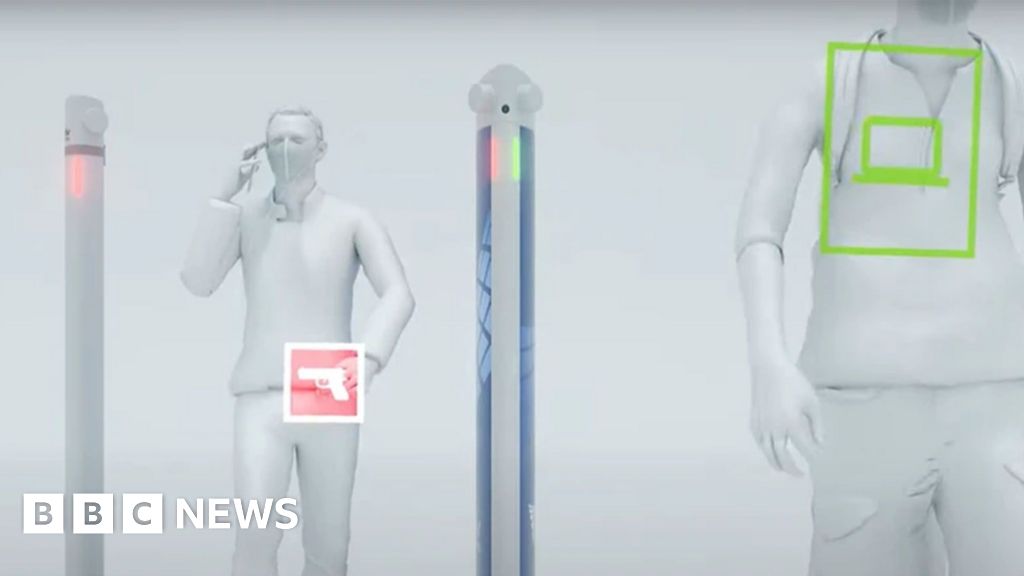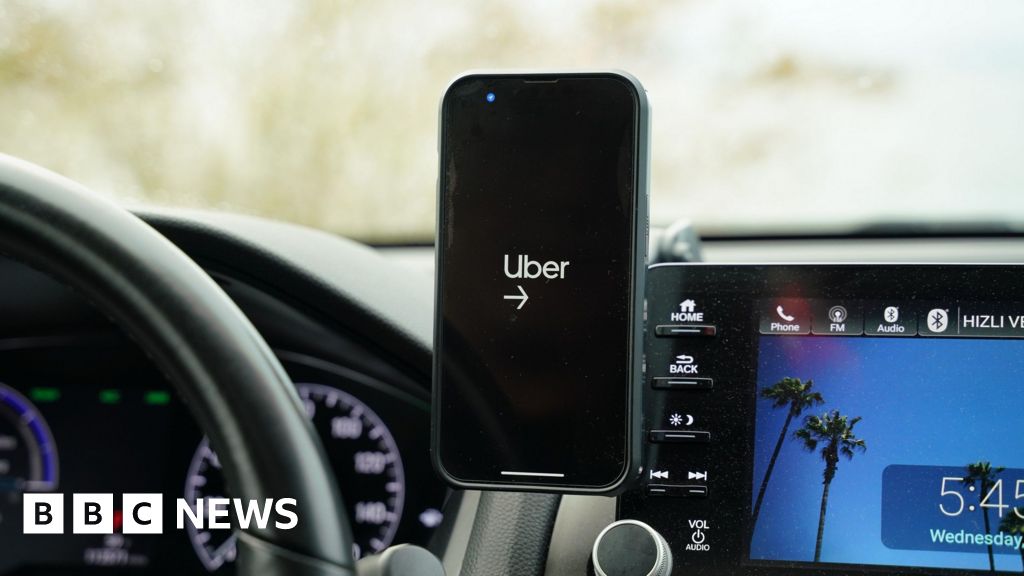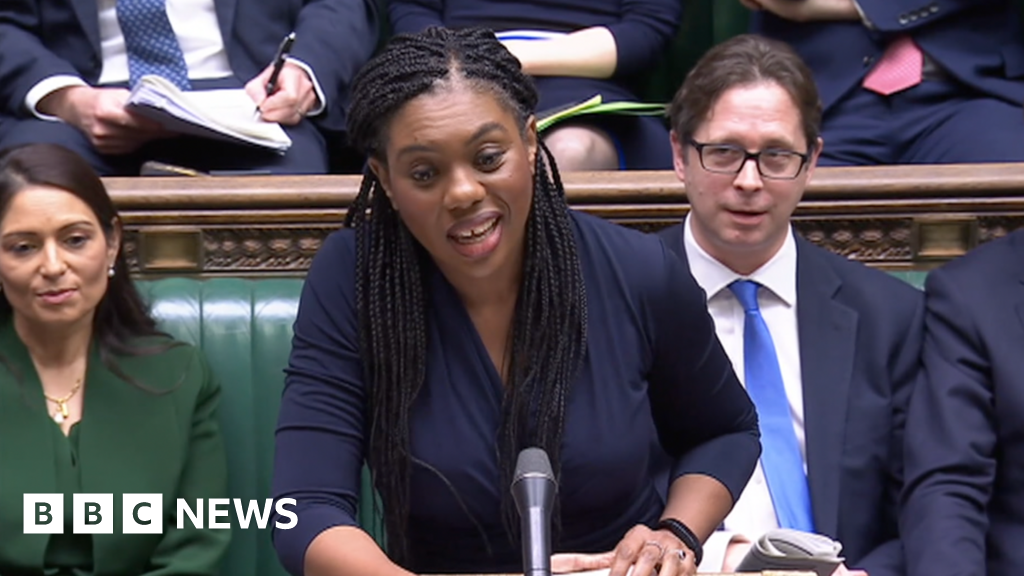Turkey is well-known for its food coma-inducing effects. That’s because it’s rich in an amino acid called tryptophan — a precursor to serotonin — which makes us sleepy. As the centerpiece of Thanksgiving, it’s easy to blame the bird for the drowsiness after the annual feast. However, in reality, it’s not the only culprit. From boozy beverages to decadent sides and rich desserts, here’s why Thanksgiving dinner — and not just the turkey — often leaves family members yawning, splayed on couches or squabbling over spare beds when the holiday meal is done.
5 factors besides turkey that cause sleepiness after Thanksgiving
Turkey is just one piece of the "food coma" pie (pun intended). Several other factors contribute to post-Thanksgiving fatigue:
Meal timing: Thanksgiving is usually served around 3 p.m., when our internal body clock causes a natural dip in alertness. Late afternoon, our sleep drive is increasing but our alerting signal, which keeps us awake, hasn’t caught up yet, resulting in the phenomenon known as the “3 p.m. slump.”
Alcohol: A glass of wine or a cocktail with your Thanksgiving meal can add to the food coma effect since at low-moderate doses, alcohol is a nervous system depressant. However, it’s worth noting that even though alcohol makes us feel sleepy initially, it typically leads to disrupted sleep. According to the National Sleep Foundation, moderate consumption of alcohol (2 drinks for men and 1 drink for women) decreases sleep quality by 24%.
Carbohydrate load: From cranberry sauce to mashed potatoes, stuffing and pie, there’s no shortage of carbohydrate-rich dishes on the Thanksgiving table, and these can exacerbate the food coma phenomenon. Carbohydrates increase insulin levels, allowing more tryptophan to cross the blood-brain barrier to form serotonin. Studies suggest that tryptophan peaks approximately two to four hours after a high carbohydrate meal, which perfectly aligns with the timing of many Thanksgiving day naps.
Inactivity: Retiring to the TV room or the couch after Thanksgiving dinner is commonplace in many families, but it also exacerbates food comas. A cozy spot in a dark room signals to your brain that it’s time to sleep rather than stay awake. On the other hand, going for a walk after Thanksgiving dinner can help reduce insulin levels and serotonin synthesis and improve alertness.
Other tryptophan-rich foods: Turkey isn’t the only tryptophan-rich food on the Thanksgiving table. Cheese, eggs, pumpkin seeds, milk and oats also contain tryptophan and feature in a variety of Thanksgiving dishes such as stuffing, pie, salads, mashed potatoes and fruit crisps. These foods, along with turkey and other carbohydrates, can spike serotonin levels and cause drowsiness.
How to avoid the Thanksgiving food coma
Feeling super sleepy after eating this holiday meal isn’t inevitable. A few simple tweaks to your food, drink and activity choices can make a big difference without leaving you feeling like you’re missing out:
Eat throughout the day: One of the biggest mistakes that people make is saving their calories for the big meal. This usually leads to overeating and the urge to nap post-meal. Instead, try eating small meals/snacks throughout the day so you’re not ravenous when dinnertime comes around.
Balance your plate: Aim for 50% non-starchy veggies, 25% lean protein and 25% carbs on your Thanksgiving plate instead of relying heavily on sleep-inducing turkey and carbohydrate-rich foods.
Be careful with booze: Limit yourself to 2 drinks or less for men, or 1 drink or less for women, and sip slowly to minimize the drowsiness that comes with alcohol.
Go for a walk after the meal: A little fresh air after you’re finished eating can boost alertness and help lower blood sugar and insulin levels, which contribute to the food coma phenomenon.
Hydrate: Don’t forget to hydrate throughout the day. Mild dehydration can lead to fatigue and reduced alertness, and booze increases fluid losses.
Edwina Clark is a registered dietitian.

 German (DE)
German (DE)  English (US)
English (US)  Spanish (ES)
Spanish (ES)  French (FR)
French (FR)  Hindi (IN)
Hindi (IN)  Italian (IT)
Italian (IT)  Russian (RU)
Russian (RU)  2 hours ago
3
2 hours ago
3




Comments
Get the most out of News by signing in
Sign In Register